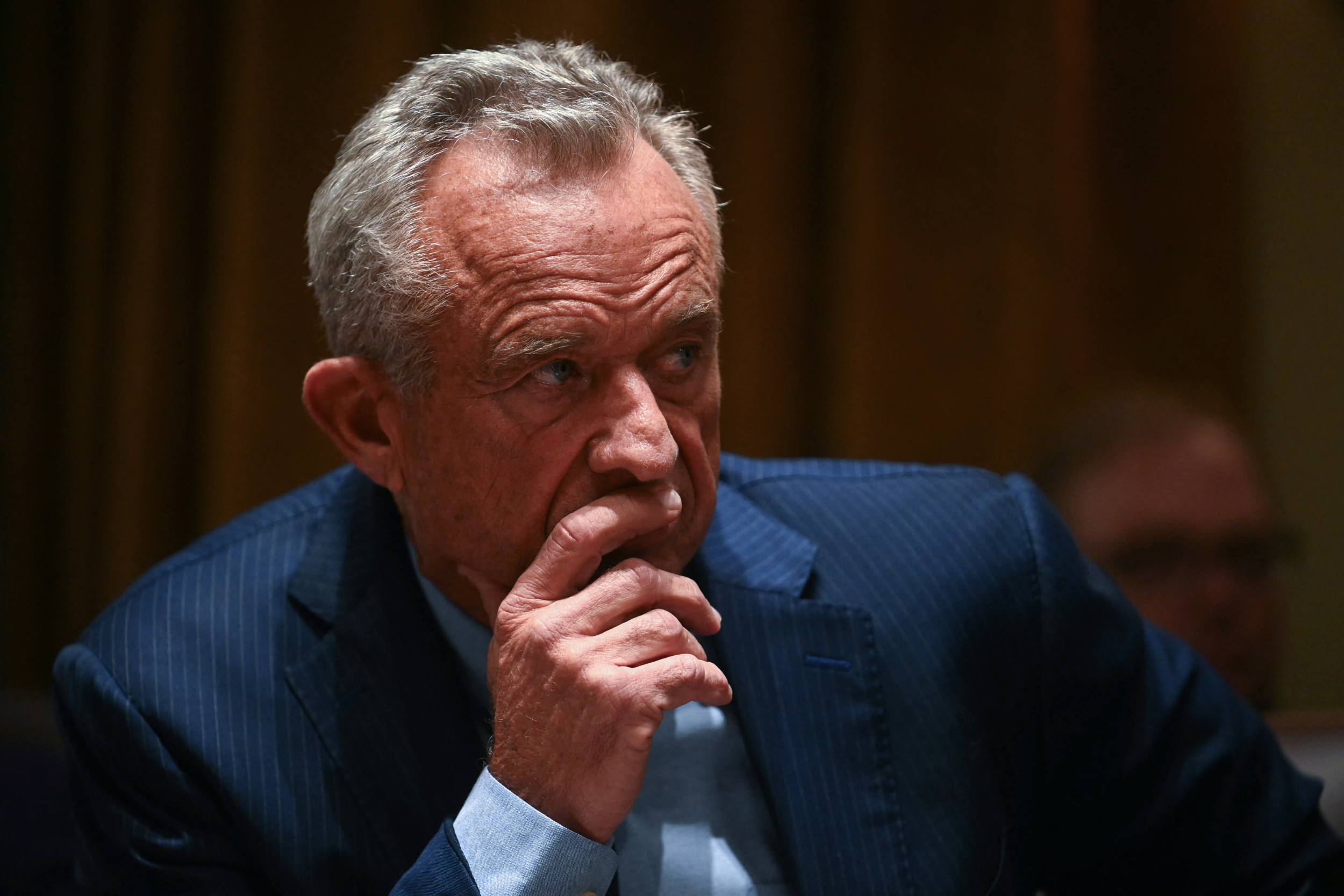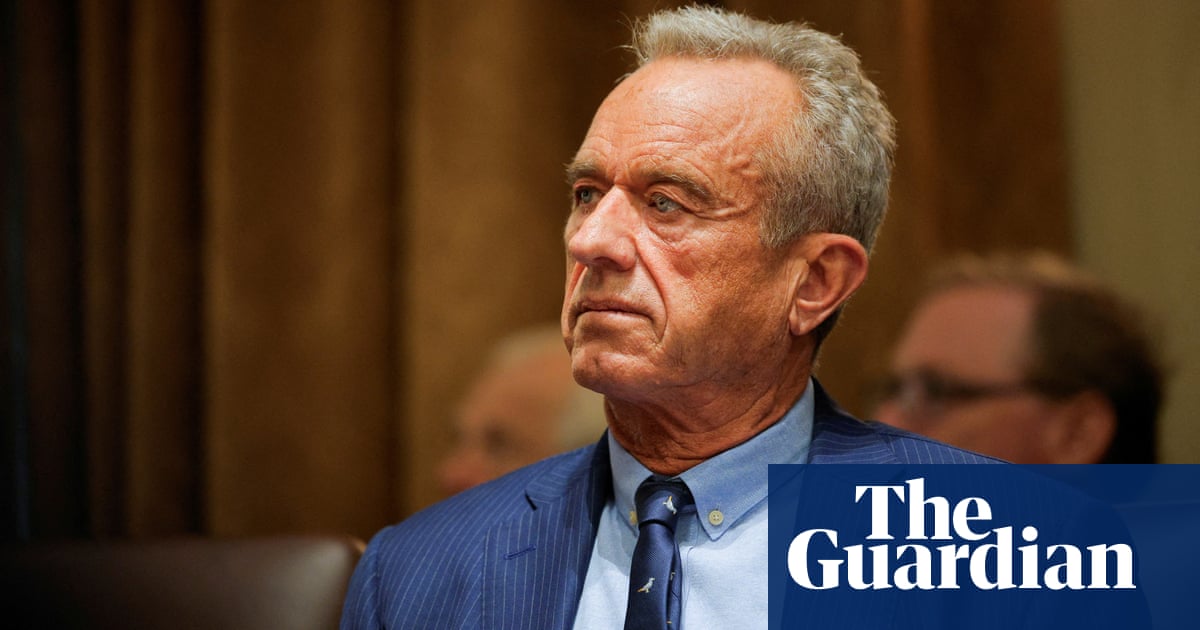US HHS Spokesman Resigns Amid Measles Outbreak Controversy
Tom Corry stepped down from his role as assistant secretary of public affairs at HHS just two weeks after his appointment, amid management clashes and a measles outbreak.
Subscribe to unlock this story
We really don't like cutting you off, but you've reached your monthly limit. At just $5/month, subscriptions are how we keep this project going. Start your free 7-day trial today!
Get StartedHave an account? Sign in
Overview
Thomas Corry, assistant secretary for public affairs at the Department of Health and Human Services, resigned just two weeks after his appointment. His departure comes amid growing tensions with Secretary Robert F. Kennedy Jr. regarding the management of a measles outbreak in Texas, where over 140 cases have been reported since January, including a fatality. Corry's resignation follows criticism of Kennedy's initial downplaying of the outbreak, although Kennedy later acknowledged the seriousness of the situation. Corry’s abrupt exit raises concerns regarding leadership at HHS during public health crises.
Report issue

Read both sides in 5 minutes each day
Analysis
- Thomas Corry resigned as a spokesperson for the HHS after conflicts with Secretary Robert F. Kennedy Jr. regarding the management of a measles outbreak in Texas.
- The resignation follows critical remarks made by Kennedy about the outbreak, including a controversial statement that it was not unusual despite a child's death from the disease.
- After initially downplaying the situation, Kennedy later reversed his stance and endorsed vaccinations in an opinion piece, highlighting a shift in messaging.
Articles (3)
Center (1)
FAQ
Thomas Corry resigned due to disagreements with Secretary Robert F. Kennedy Jr. over the management of the measles outbreak in Texas and broader departmental issues.
Initially, Kennedy downplayed the outbreak, stating that measles outbreaks were not unusual. Later, he acknowledged the seriousness of the situation and expressed support for the measles vaccine, though he emphasized the decision to vaccinate as a personal choice.
Corry's resignation raises concerns about leadership stability and effectiveness at HHS during critical health crises, potentially impacting the department's ability to manage outbreaks effectively.
The resignation and broader management issues reflect significant changes and challenges within HHS, including firings and restructuring efforts under the current administration, which may impact the department's operational capacity.
History
- This story does not have any previous versions.


